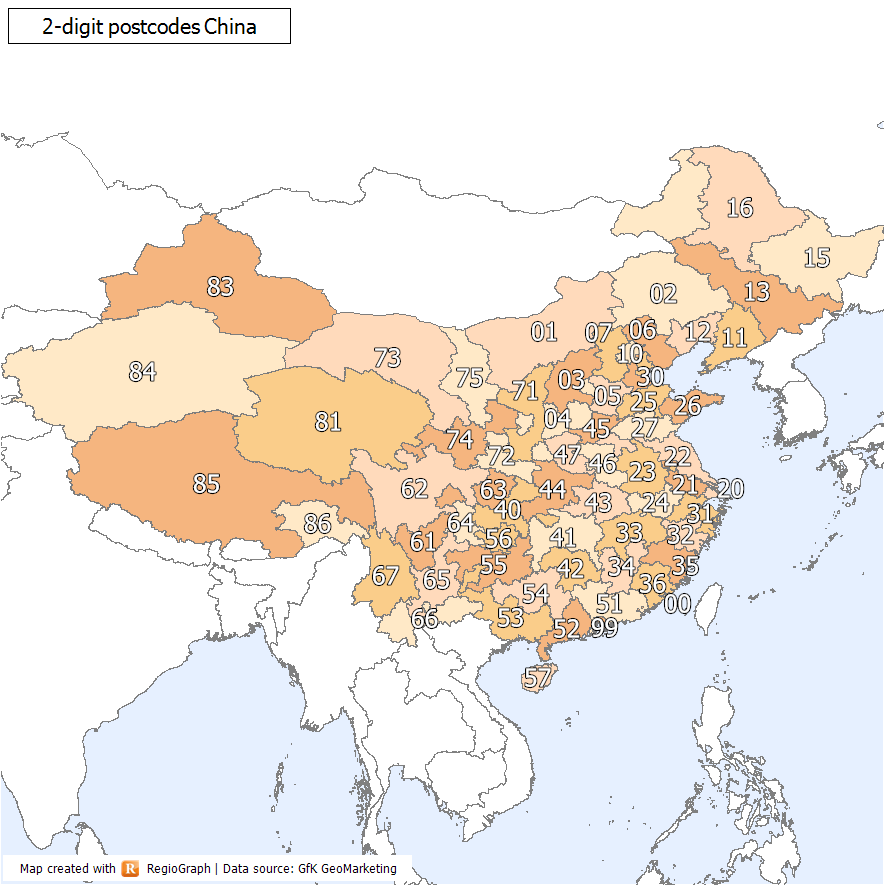|
Suichang
Suichang County () is a county under the jurisdiction of Lishui City, in the southwest of Zhejiang Province, China, bordering Fujian province to the southwest. History Suichang is known as the place where Tang Xianzu wrote his most famous play ''The Peony Pavilion'' in the 16th century. Tang served as Suichang County's top official for three years and left behind many legendary stories which are still passed on from generation to generation. Today's Suichang County has joined modern society with many vehicles, highways connecting it to the capital city of Hangzhou, and renowned for its bamboo forests and natural scenery such as White Horse Mountain (Bai Ma Shan) and Nine Dragon Mountain (Jiu Long Shan) which recorded as one of the sites where wild humans were said to be present in the 1950s and 1960s. Administrative divisions Towns: * Miaogao (Õ”Öķ½śķĢć), Yunfeng (õ║æÕ│░ķĢć), Beijie (ÕīŚńĢīķĢć), Dazhe (Õż¦µ¤śķĢć), Shilian (ń¤│ń╗āķĢć), Jinzhu (ķćæń½╣ķĢć), Huangshayao (ķ╗äµ▓ ... [...More Info...] [...Related Items...] OR: [Wikipedia] [Google] [Baidu] |
Lishui
Lishui (; Lishuinese: ''liŌüČ syu┬│'' ) is a prefecture-level city in the southwest of Zhejiang province, People's Republic of China. It borders Quzhou, Jinhua and Taizhou to the north, Wenzhou to the southeast, and the province of Fujian to the southwest. The name of the city literally means "Beautiful Waters." History Lishui has a very long history, for during the Liangzhu culture period 4000 years ago, there were tribes living in the area. In 589, a prefecture called Chuzhou was established by the Sui dynasty with Kuocang, Songyang, Linhai, Yongjia, Angu and Lechen counties under its jurisdiction. Three years later, the prefecture's name was changed to Kuozhou and then to Yongjia County in 607. The name was changed back to Kuozhou in 621 during the Tang dynasty, to Jinyun County in the first year of the Tianbao era (742) and back to Kuozhou in the first year of Qianyuan Era (758). In 779, during the Tang dynasty, it was renamed Lishui County. The name of the area w ... [...More Info...] [...Related Items...] OR: [Wikipedia] [Google] [Baidu] |
Lishui, Zhejiang
Lishui (; Lishuinese: ''liŌüČ syu┬│'' ) is a prefecture-level city in the southwest of Zhejiang province, People's Republic of China. It borders Quzhou, Jinhua and Taizhou to the north, Wenzhou to the southeast, and the province of Fujian to the southwest. The name of the city literally means "Beautiful Waters." History Lishui has a very long history, for during the Liangzhu culture period 4000 years ago, there were tribes living in the area. In 589, a prefecture called Chuzhou was established by the Sui dynasty with Kuocang, Songyang, Linhai, Yongjia, Angu and Lechen counties under its jurisdiction. Three years later, the prefecture's name was changed to Kuozhou and then to Yongjia County in 607. The name was changed back to Kuozhou in 621 during the Tang dynasty, to Jinyun County in the first year of the Tianbao era (742) and back to Kuozhou in the first year of Qianyuan Era (758). In 779, during the Tang dynasty, it was renamed Lishui County. The name of the area wa ... [...More Info...] [...Related Items...] OR: [Wikipedia] [Google] [Baidu] |
Tang Xianzu
Tang Xianzu (; September 24, 1550 – July 29, 1616), courtesy name Yireng (), was a Chinese playwright of the Ming Dynasty. Biography Tang was a native of Linchuan, Jiangxi and his career as an official consisted principally of low-level positions. He successfully participated in the provincial examinations (''juren'') at the age of 21 and at the imperial examinations (''jinshi'') at the age of 34. He held official positions in Nanjing, Zhejiang province, Guangdong province etc. After serving as the magistrate of Suichang, Zhejiang from 1593 to 1598, he retired in 1598 and returned to his hometown where he focused on writing. Tang died in 1616, the same year as famed English playwright William Shakespeare. His major plays are collectively called the ''Four Dreams'', because of the decisive role dreams play in the plot of each one. All of them are still performed (in scenes, or in adapted full versions) on the Chinese Kun opera (kunqu) stage. Generally considered his m ... [...More Info...] [...Related Items...] OR: [Wikipedia] [Google] [Baidu] |
Postal Code Of China
Postal codes in the People's Republic of China () are postal codes used by China Post for the delivery of letters and goods within mainland China. China Post uses a six-digit all-numerical system with four tiers: the first tier, composed of the first two digits, show the province, province-equivalent municipality, or autonomous region; the second tier, composed of the third digit, shows the postal zone within the province, municipality or autonomous region; the fourth digit serves as the third tier, which shows the postal office within prefectures or prefecture-level cities; the last two digits are the fourth tier, which indicates the specific mailing area for delivery. The range 000000ŌĆō009999 was originally marked for Taiwan (The Republic of China) but is not used because it not under the control of the People's Republic of China. Mail to ROC is treated as international mail, and uses postal codes set forth by Chunghwa Post. Codes starting from 999 are the internal codes use ... [...More Info...] [...Related Items...] OR: [Wikipedia] [Google] [Baidu] |


